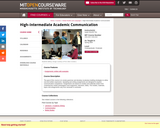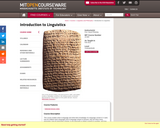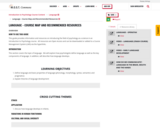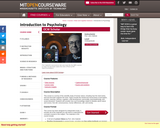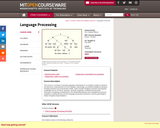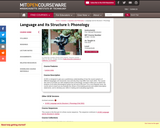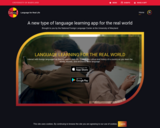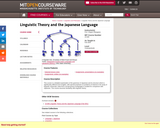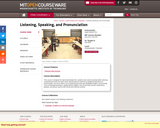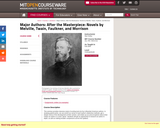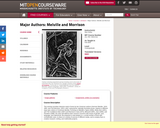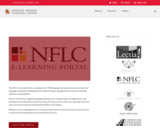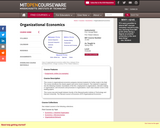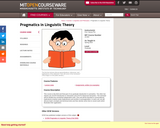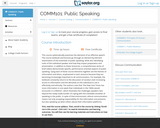The NFLC e-Learning Portal is a catalog of over 7,000 free language learning materials across dozens of languages and dialects developed by the National Foreign Language Center, with more materials added on an ongoing basis.
Items in the Portal are tagged by language, difficulty level, modality, topic, and objective for easy searching. Items include compact learning objects (five short lessons on a single topic), video learning objects, thematic units, and assessment objects.
Use the bookmark feature to create a list of materials to refer to at a later date. Save and share your lists by using one of the download PDF or CSV options.
Current languages (including multiple variants/dialects): Afaan Oromo, Albanian, Amharic, Arabic, Azerbaijani, Azeri (Northern), Balochi, Bosnian, Brahui, Bulgarian, Cebuano, Chavacano, Chinese, Croatian, Czech, Danish, Dari, Fijian, French, German, Greek, Hausa, Hebrew, Hindi, Hindko, Hungarian, Igbo, Indonesian, Italian, Japanese, Korean, Kurdish, Malay, Pashto, Persian, Polish, Portuguese, Pothohari, Punjabi, Russian, Saraiki, Serbian, Shona, Sindhi, Somali, Spanish, Swahili, Tagalog, Tajik, Tamil, Tausug, Thai, Tigrinya, Tongan, Turkish, Uighur, Ukrainian, Urdu, Uzbek, Vietnamese, Yoruba, Zulu
